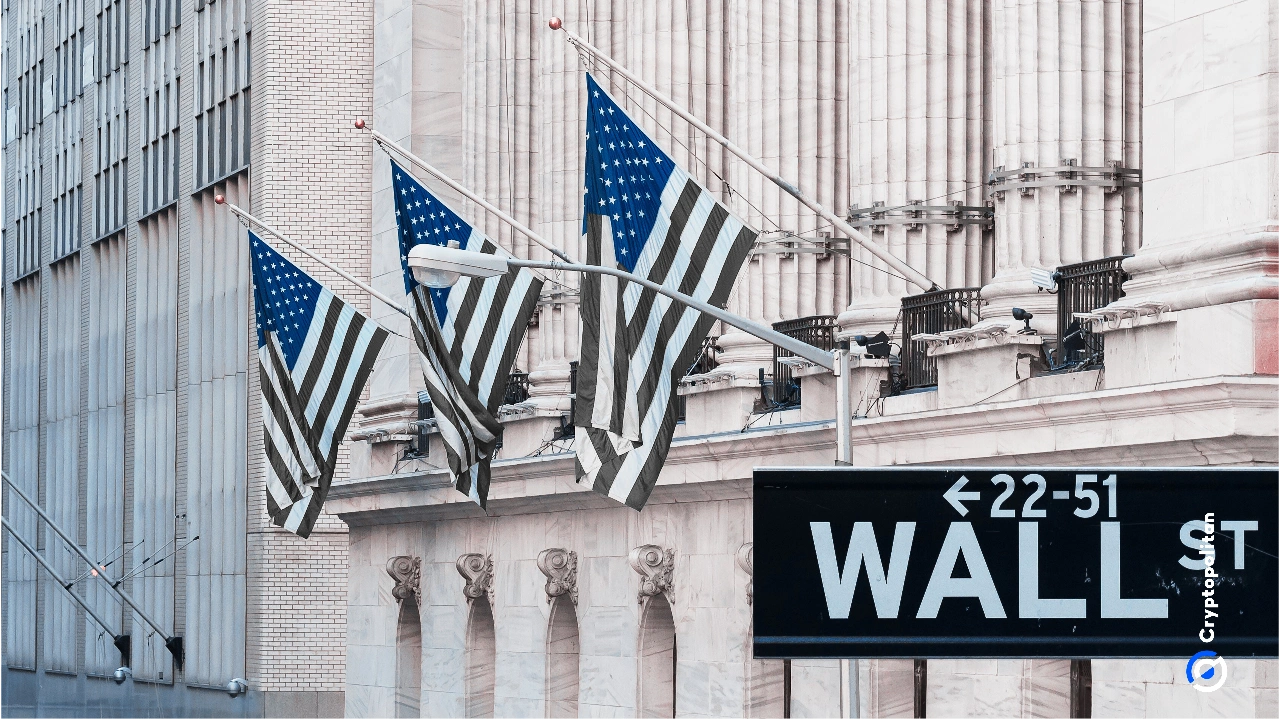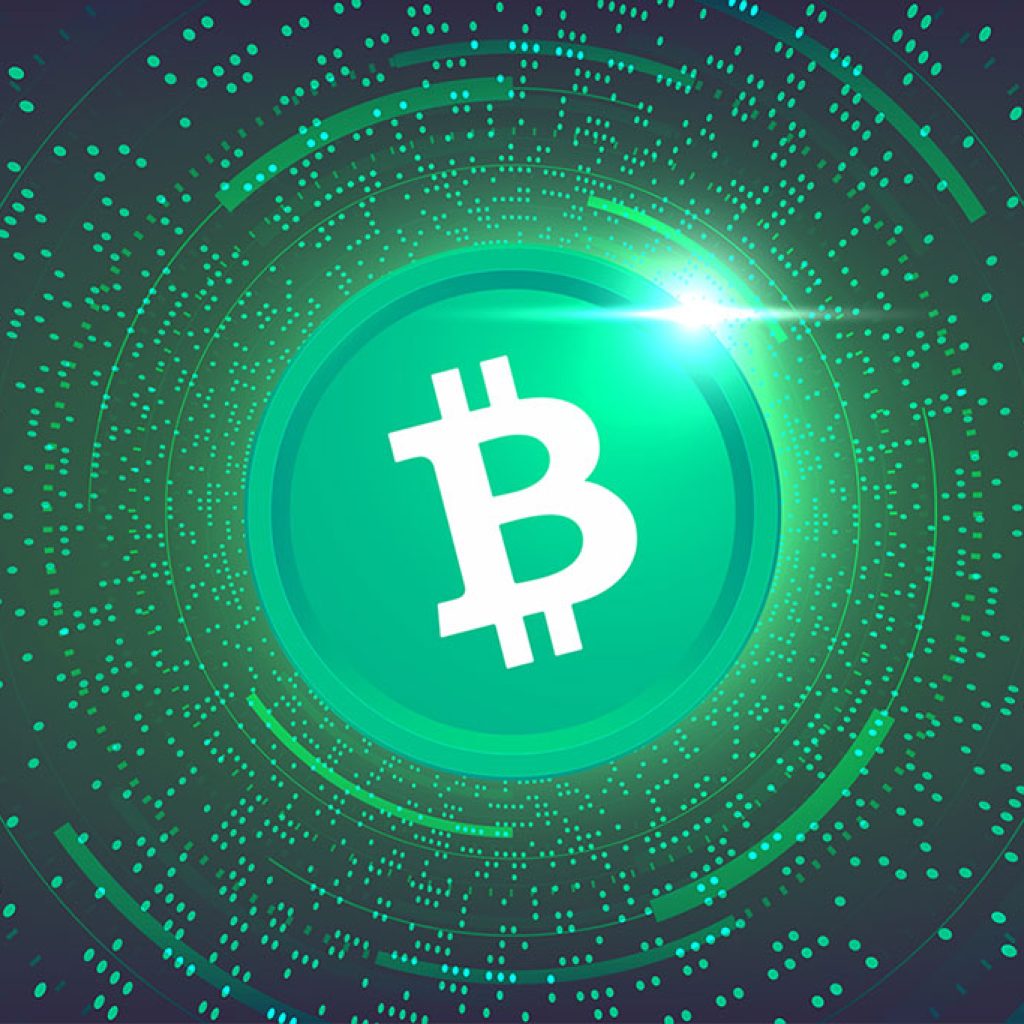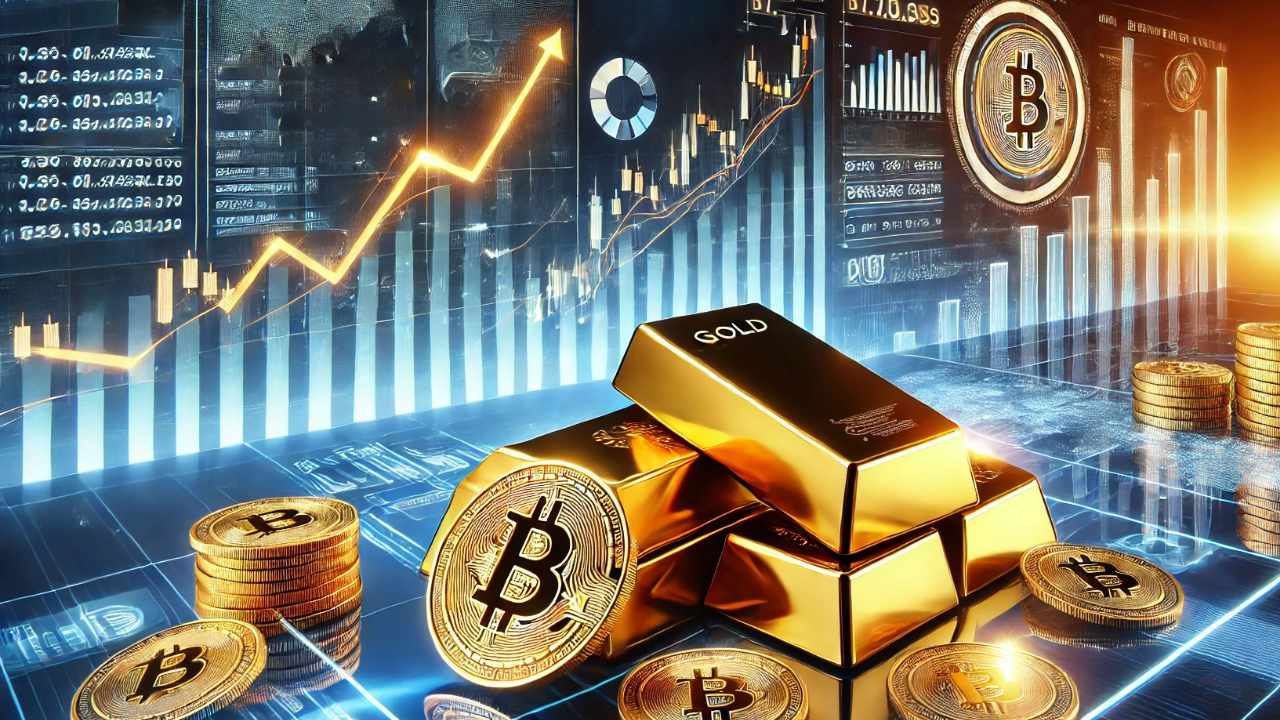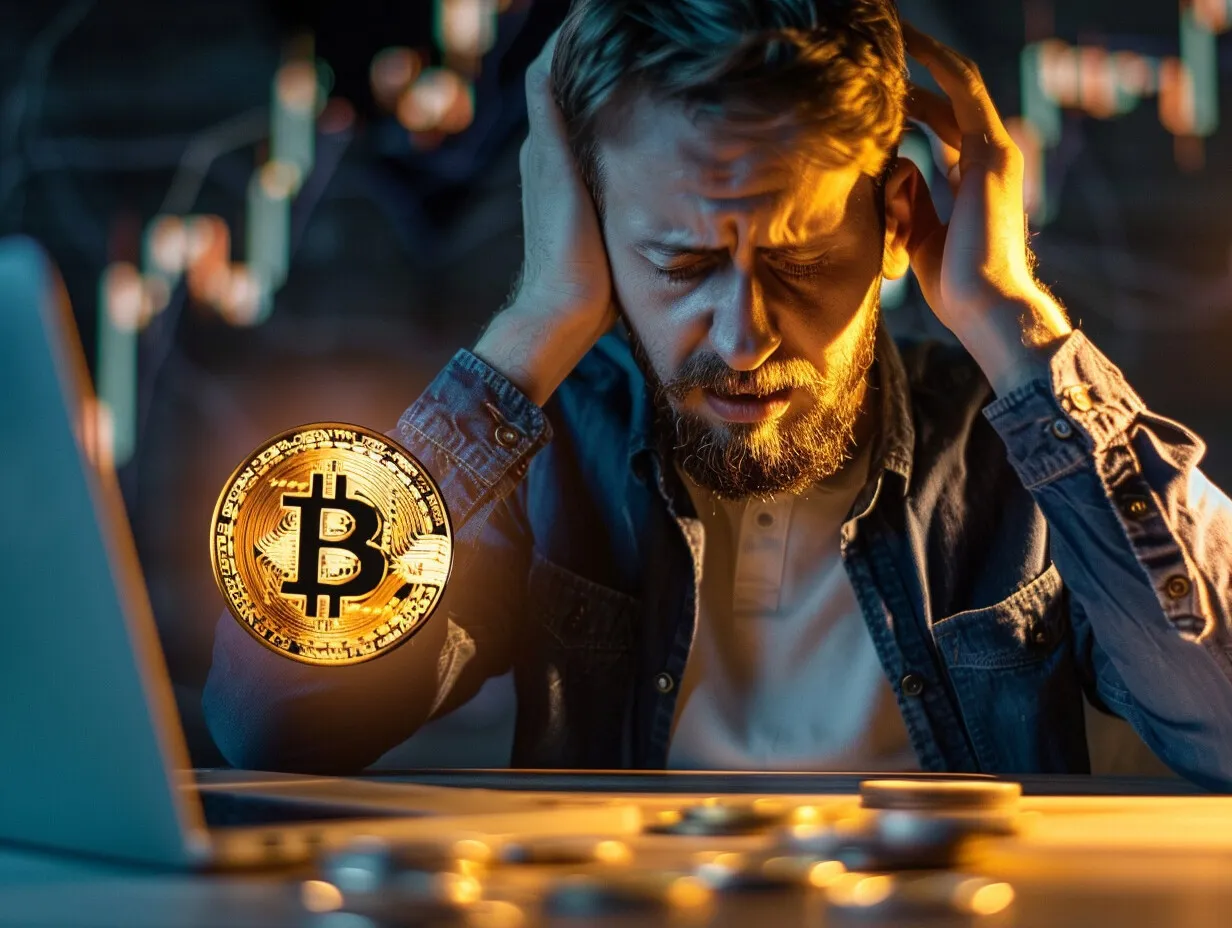Bitcoin, which faced heavy criticism from Wall Street heads during the early years, has become a $2 trillion beast, punching its way past $103,000 for the first time after 15 years of chaos.
It’s a love-hate story with Wall Street’s bigwigs—some think it’s a bubble, while others think it’s digital gold. And somehow, despite all the skepticism, it’s here, setting the stage for a clash between finance’s old guard and the digital disruptors.
The world’s largest crypto is riding high on dreams of a crypto-friendly Trump 2.0 era. His return to power has brought hopes of a digital renaissance, pushing the entire crypto market toward a $4 trillion valuation.
Now, as crypto companies sit flush with cash, some of Wall Street’s most notorious players are reluctantly wading into the game. Others? Still throwing stones from the sidelines.
Jamie Dimon
Jamie Dimon, the boss of JPMorgan Chase, doesn’t mince words when it comes to Bitcoin. Back in 2017, he called it a “fraud” and even threatened to fire employees for trading it.
In congressional hearings, he doubled down, labeling crypto tokens as “decentralized Ponzi schemes” and calling for a government crackdown.
But here’s the thing—while Jamie spits on Bitcoin, JPMorgan quietly trades Bitcoin ETFs and explores blockchain like a kid sneaking into the candy jar.
Blockchain is fine, but Bitcoin? “A useless pet rock,” Jamie said recently. That’s his story, and he’s sticking to it. Hypocrisy? Maybe. But he’s not alone in the double game.
Larry Fink
Larry Fink, the BlackRock kingpin, took a hardline stance against Bitcoin in its early days. In 2017, he called it “an index of money laundering” and claimed his clients had no interest in it.
Fast forward, and now BlackRock runs the world’s largest Bitcoin fund. Funny how things change when there’s money to be made.
Larry admits Bitcoin’s value as a hedge against political chaos and currency devaluation. He’s flipped the script, now touting Bitcoin as uncorrelated to traditional assets and worth a serious look for investors.
BlackRock’s pivot is one of the most historic decisions ever made in the finance industry. Its Bitcoin spot exchange-traded fund (ETF) has been its most profitable investment product ever.
Ken Griffin
Meanwhile, Citadel’s Ken Griffin once ridiculed Bitcoin as the financial equivalent of tulip mania. In 2021, he went as far as to say the crypto craze was a “jihadist call” against the dollar.
But Griffin’s view has changed. “I wish I bought it when it was cheap,” he said recently, reflecting on Bitcoin’s meteoric rise. He admits his past dismissal was a mistake, though he’s still not all in.
Griffin’s cautious optimism shows how Bitcoin’s success forces even its critics to rethink their positions. He might not love Bitcoin, but he respects its power now. Who wouldn’t? It’s simply undeniable.
Warren Buffett
The Oracle of Omaha has no love lost for Bitcoin. Warren Buffett famously called it “rat poison squared” in 2018, and he’s stuck to that script. At the time, he said he wouldn’t pay $25 for all the Bitcoin in the world.
While other Wall Street titans soften their stances, Warren keeps his hands firmly in his pockets. Even when Bitcoin hit the $100,000 mark, he wasn’t impressed.
In 2023, he called it a symptom of America’s gambling problem. As far as the legendary investor is concerned, Bitcoin is noise, not a signal. For now, it seems nothing can change that. Not Bitcoin’s massive price tag, and sadly, not our thoughtfully-written open letter to him.
Ray Dalio: Bitcoin is gold, but with a target on its back
Bridgewater’s Ray Dalio started as a skeptic, but his journey has taken a different turn. He once dismissed Bitcoin as a “speculative bubble,” but by 2021, he was calling it “one hell of an invention.” Dalio now sees Bitcoin as an alternative to gold, with all the potential—and all the risks—that entails.
Dalio owns Bitcoin and Ether, but he’s cautious about government intervention. “If Bitcoin becomes too successful, governments will kill it,” he warned.
The Trump factor and institutional FOMO
Investors are piling into Bitcoin ETFs, and companies like MicroStrategy are doubling down. Their plan to buy $42 billion worth of Bitcoin over the next three years is particularly bold, even by crypto standards.
This institutional FOMO (fear of missing out) is real. Hedge funds like Millennium and Capula are jumping into the mix, driven by demand for regulated crypto exposure.
Geoff Kendrick of Standard Chartered called Bitcoin’s latest milestone a sign of the industry’s maturity. “This isn’t just speculation anymore,” he said.
Meanwhile, Tom Lee has said: “Bitcoin might reach $250,000… Demand is increasing due to the rise in spot Bitcoin-traded ETFs… declining interest rates generally benefit riskier assets.”
Last week, analyst Gil Luria famously said, “We would attribute a 1-2% chance to [Bitcoin replacing the U.S. dollar] which is sufficient to justify the current asset valuation.”





